
Call for Entries: Teaching Experience and Pedagogy
The SCWH Outreach & Membership Committee and Muster Blog are soliciting pedagogy focused entries for the Muster Blog. Have an innovative lesson plan, an engaging student activity, or even just a unique primary source that you want to share with fellow SCWH members? We want to see them! We are ...
Read More
Read More

Teaching Military History with the Official Records
Every time I teach my Civil War and Reconstruction course, I meet students who probably would not have taken any other history class. The enormous popular interest in military history, as most academic historians know, can draw students into the discipline. At a time when boosting course enrollments and attracting ...
Read More
Read More
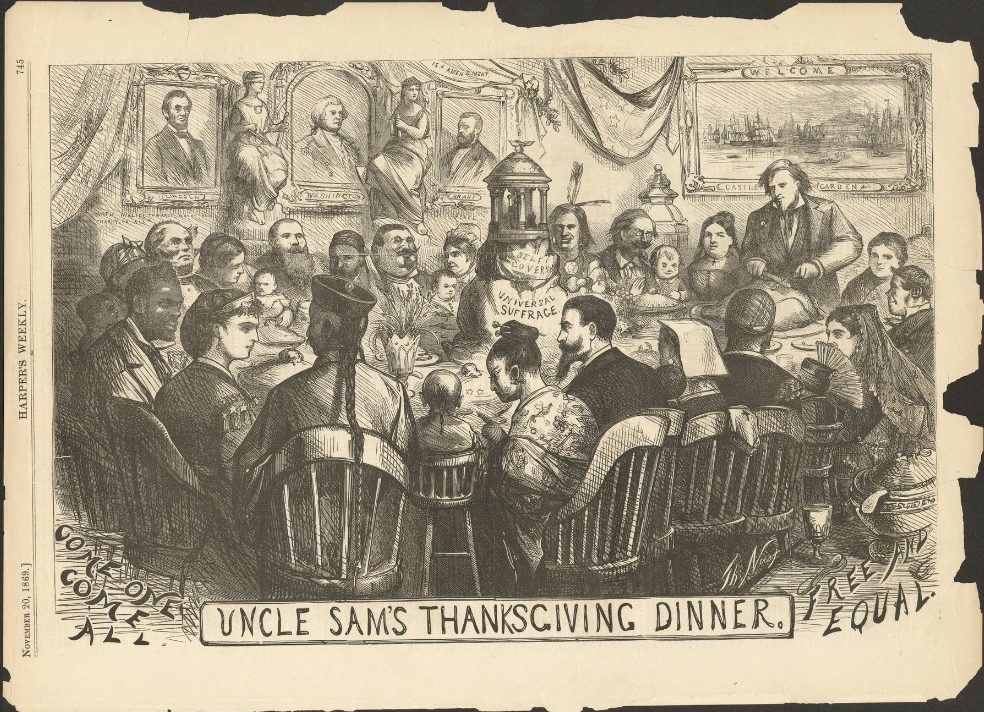
Teaching the Reconstruction Era Through Political Cartoons
During this past fall semester I received an email from a curriculum coordinator at a local school district. She stated that a high school history teacher was running short on time, but wanted to spend one day with his students discussing the Reconstruction era before the end of the semester ...
Read More
Read More
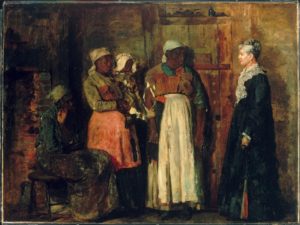
Putting Women Back Where They Belong: In Federalism and the U.S. History Survey
To say that women do not figure prominently in the historiography of federalism is an understatement, to say the least. What could debates about the relationship between states and the federal government possibly have to do with women, particularly before the Civil War, when they lacked the rights necessary to ...
Read More
Read More
Hatred and Vengeance in the Classroom
War generates powerful emotions and conveying those emotions to students presents numerous opportunities and a few pitfalls. More specifically, hatred and calls for vengeance inevitably accompanied (if they did not precede) the outbreak of war, and certainly the American Civil War was no exception to that rule. Students in Civil ...
Read More
Read More
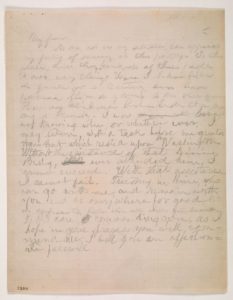
Teaching with Raw Primary Sources: The Value of Transcription
The rhythms of academic life make August an opportune time to reflect on past teaching and to plan new lessons. Teachers of history at all levels appreciate that primary sources can pique students’ curiosity and introduce them to historical methods. Whether through the Document-Based Questions featured in Advanced Placement exams ...
Read More
Read More
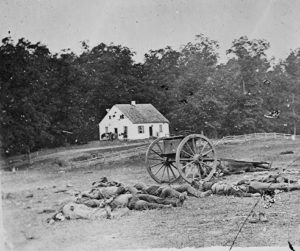
Teaching Civil War Battles and Leaders through Classroom Simulations
For as long as historians have chronicled and interpreted war, they have confronted the intertwined issues of contingency and battle. Historical contingency is a difficult concept, but it is fundamental to historical thinking and essential to understanding the significance of battles, military leaders, and decisions in war. A working definition ...
Read More
Read More

Teaching the American Civil War Through the Experiences of Civil War Veterans
Studying the experiences of Civil War veterans and their families helps students understand the complex forces that shaped late-nineteenth and early-twentieth-century America. Their life stories help instructors explain soldiers’ motivations for service, discuss battles and campaigns, describe conscription and dissent, unravel the process of emancipation, and examine the political and ...
Read More
Read More
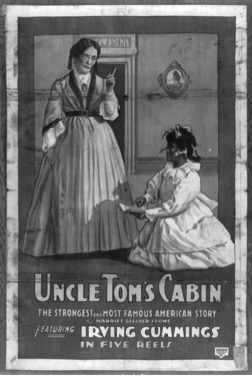
Utilizing Film in Our Courses on Slavery and the Enslaved
Teaching the history of slavery in the United States well, like teaching any complex topic mired in historical mythologies and mixed public interests, is a daunting task. Pedagogical approaches to slavery have to face off against centuries of public misconceptions and avoidance. I constantly try to engage and inform students ...
Read More
Read More
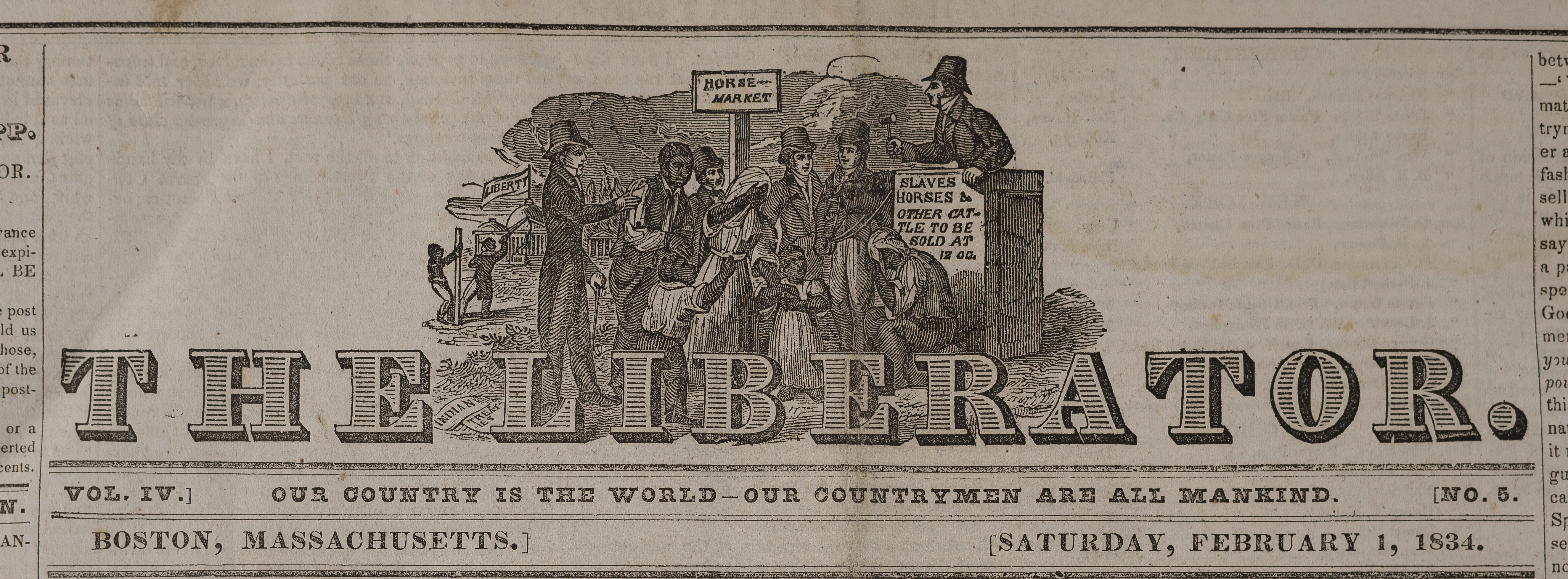
Teaching the Intersection of Abolitionism and Indian Rights
Though abolitionists advocated for both the slave’s cause and the Indian’s cause before the Civil War, their concern for Native American rights is not well understood. This is partly due to the fact that while scholars recognize abolitionist opposition to Indian removal, abolitionist support for Indian rights is seen as ...
Read More
Read More
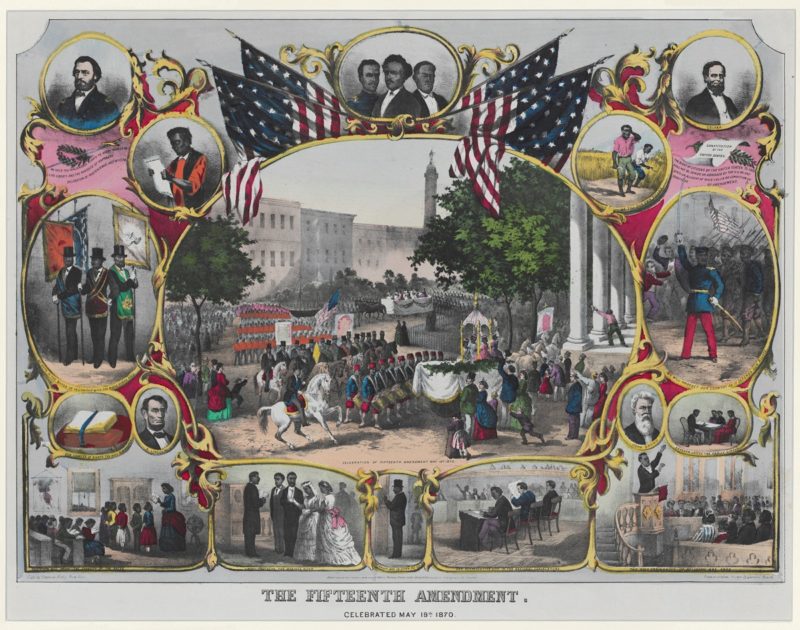
Beyond Add Women and Stir: Ideas for Teaching about Women, Gender, and Reconstruction
For most folks teaching the U.S. survey, just getting to Reconstruction can feel like an accomplishment. The convention of dividing U.S. history surveys at the Civil War often means the postwar period ends up wedged into the last distracted days of the term. Calls to integrate women more fully into ...
Read More
Read More
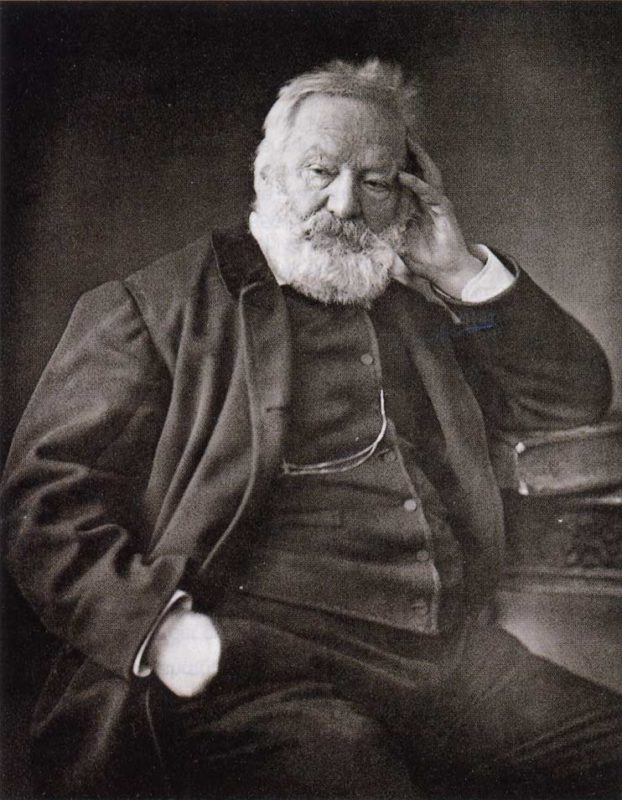
A Bird’s Eye View of the Civil War: The Virtues of a Transnational Perspective
Teaching the Civil War takes juggling some very broad, diverse, complex processes in the histories of slavery and freedom, of nationalism, citizenship and state building, of Indian Nations and the West, of modern warfare, of economic transformation of the economy, and of the ways in which people thought about life, ...
Read More
Read More
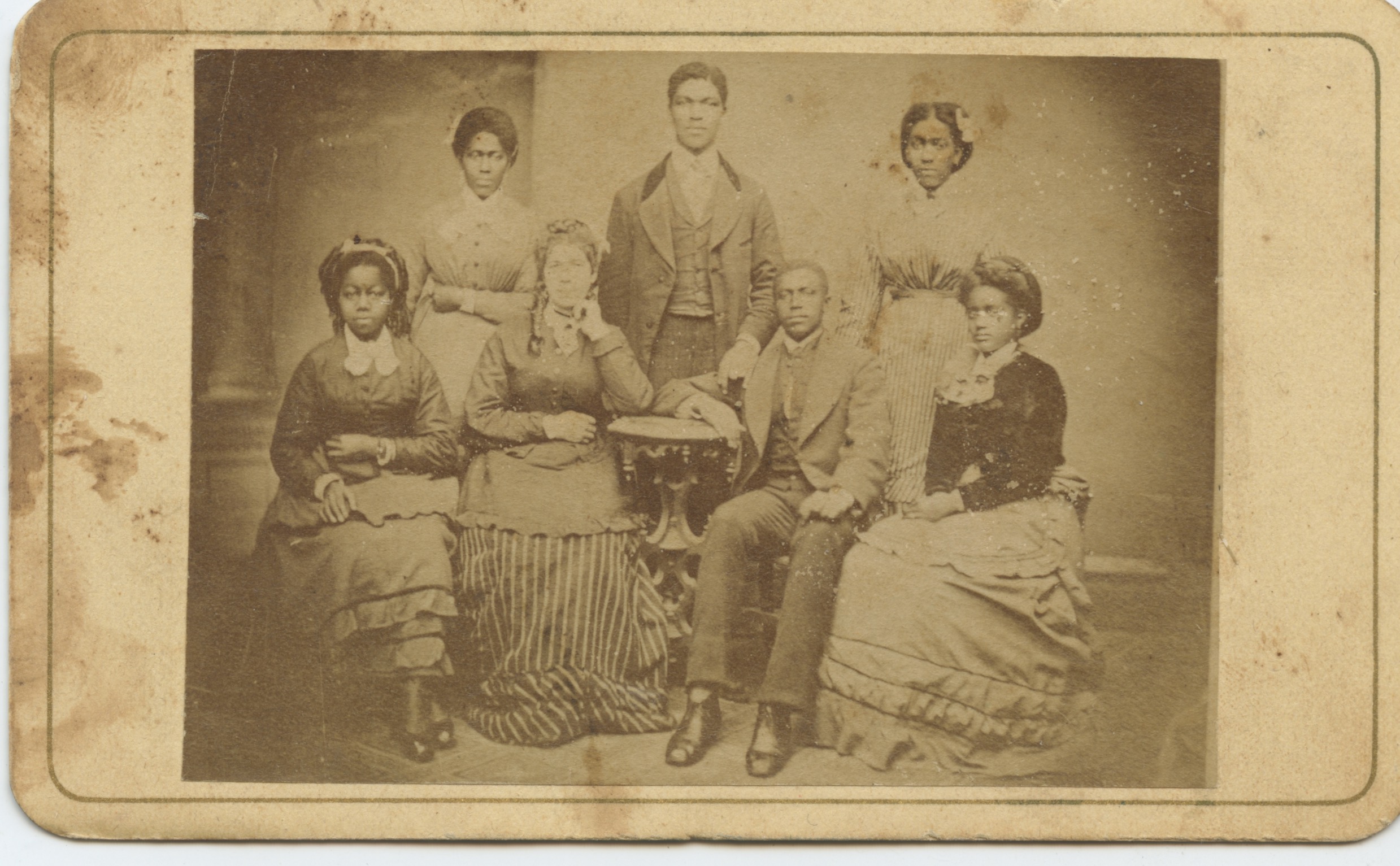
Teaching Reconstruction: Some Strategies That Work
This week we share our first Field Dispatch from Dr. Hilary Green, an assistant professor at the University of Alabama. Her research and teaching interests include the intersections of race, class, and gender in African American history, the American Civil War, Reconstruction, as well as Civil War memory, African American education, ...
Read More
Read More
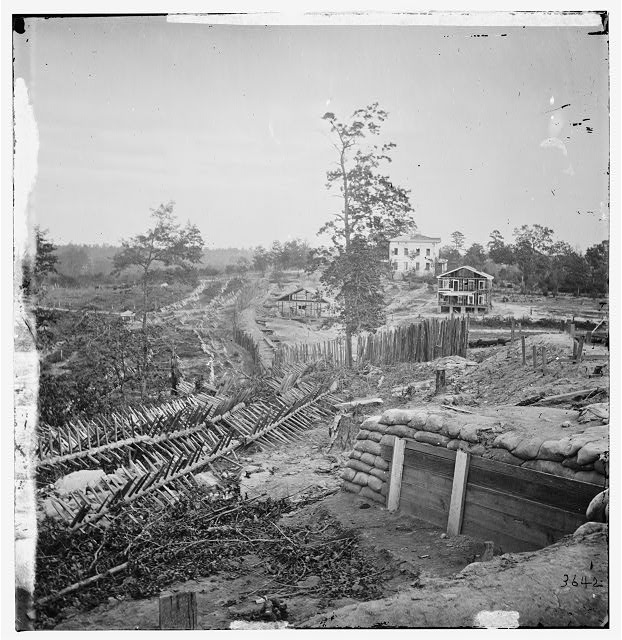
Gone with the Land: Environmental History in Civil War and Reconstruction Classes
Whenever I introduce myself in conversation as an “environmental historian,” many non-academics assume I write about environmentalism as a political movement or the history of environmental policy. It almost never helps to use the full title of my field of study by saying, “I’m an environmental historian of the Civil ...
Read More
Read More
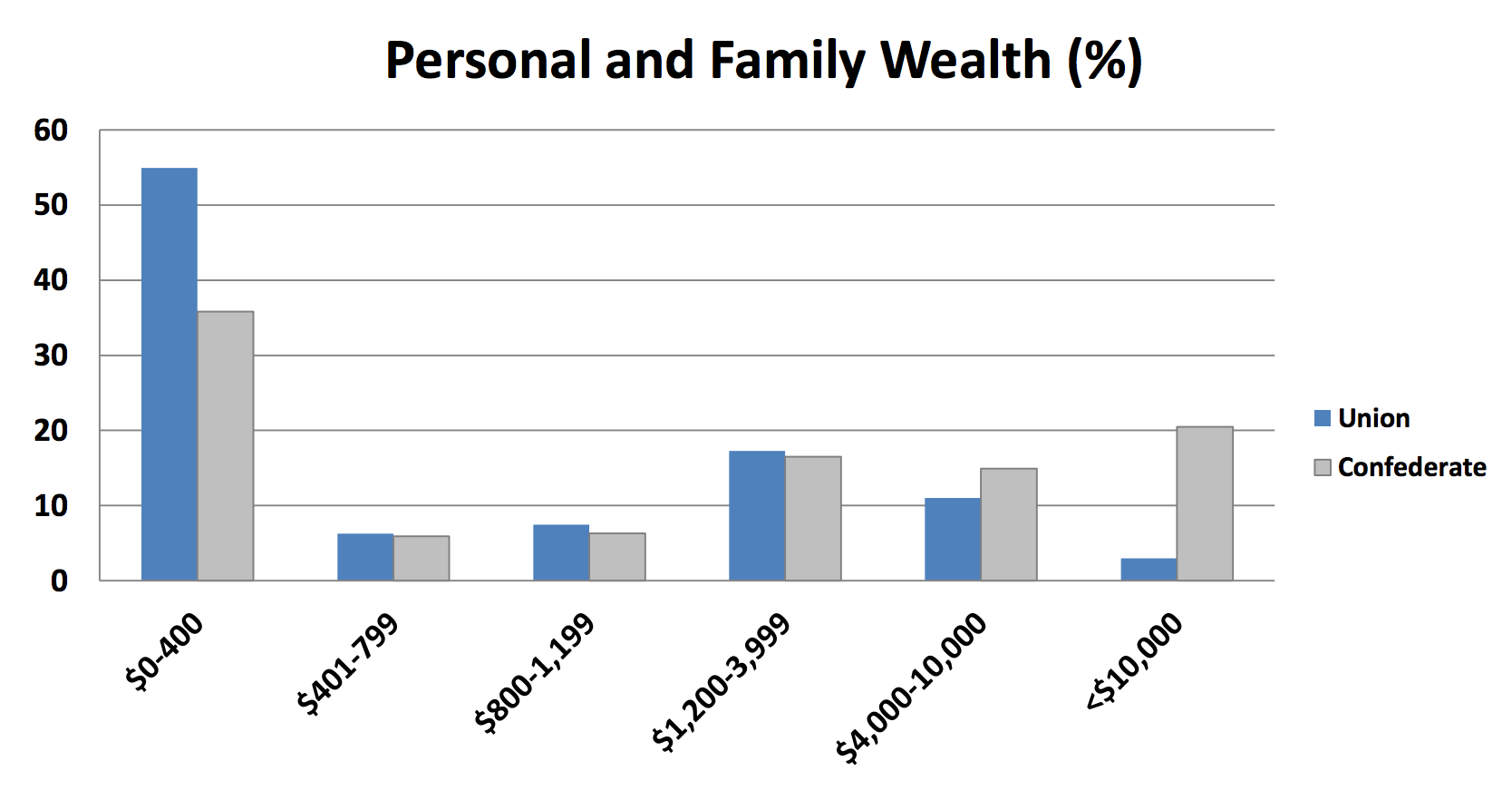
Teaching with Statistics: A Case Study
My great friend Kevin Lambert at California State University, Fullerton says, “Nothing is more humanistic than numbers.” They bring order and precision to our lives, offer definitive and powerful evidence for us, and determine outcomes and decisions on the most difficult and emotionally wrenching issues. Although the work of historians ...
Read More
Read More
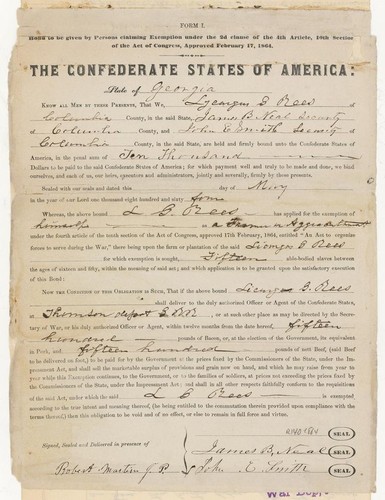
Twenty Negro or Overseer Law?: Ideas for the Classroom
For the Confederacy, was the Civil War a rich man’s war but a poor man’s fight? College students and historians have grappled with this question as long as they have studied the Civil War. For those who answer in the affirmative, this “yes” is generally followed up by the argument ...
Read More
Read More
